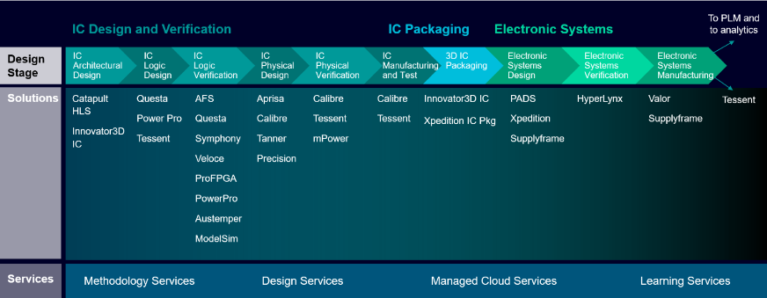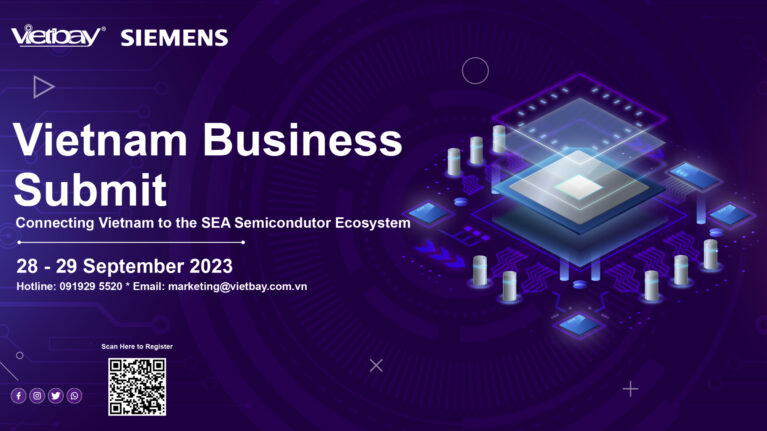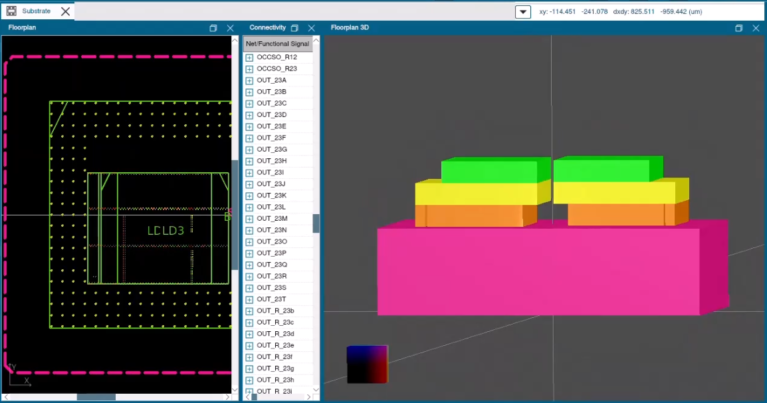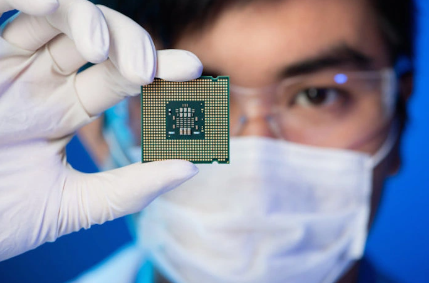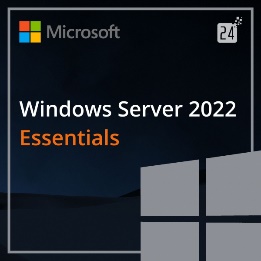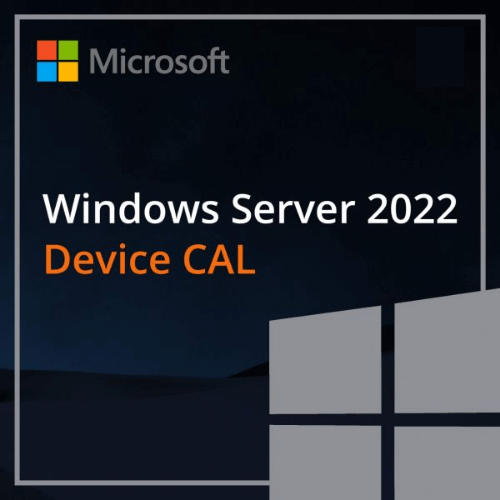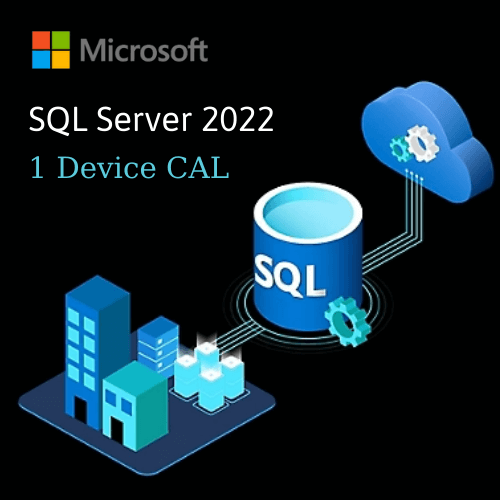Nobo Automotive accelerates time-to-market with an integrated PCB design process using Xpedition and HyperLynx verification.
Innovating in a rapidly evolving automotive market
Nobo Automotive Technology Co., Ltd. is a high-tech automotive electronics company under the Nobo Automotive group, focusing on intelligent cockpits, vehicle control, connectivity, and driving. Its range of products includes cabin domain controllers, displays, instrument clusters, infotainment systems, central electronic units, T-Box terminals, and driving domain controllers, among others. Nobo Automotive Technology strives to expand intelligent business operations and seek business growth opportunities in the era of intelligent automobiles.
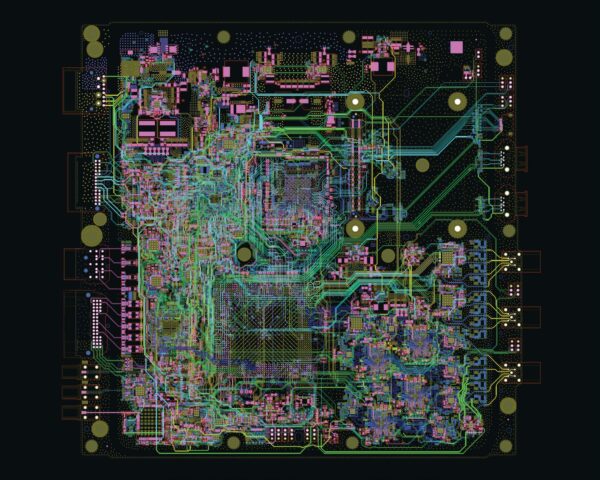
Nobo PCB design layout for automotive ADAS domain controller.
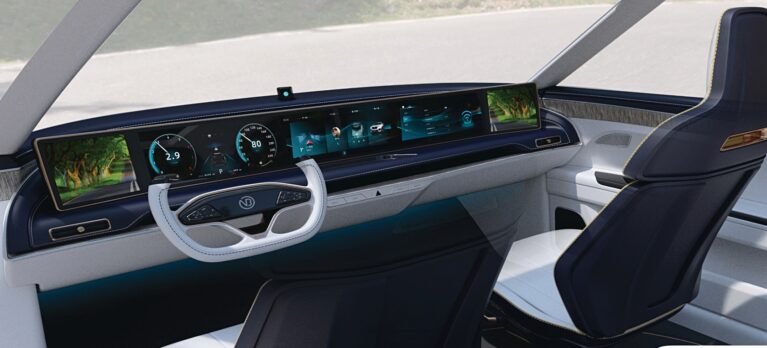
Nobo electronics in automotive instrumentation cluster.
By assembling a high-quality team of industry experts in architecture, software, hardware, displays, acoustics, and more, Nobo Automotive Technology aims to build software and hardware R&D capabilities with electrical/electronic architectures as the core integrating system.
“We place emphasis on technical development and innovation, possessing leading, full-stack technologies and production capabilities in electronic systems, hardware, software, testing, acoustics, displays, radar, and other fields,” Lishun Chen, R&D General Manager of Nobo Automotive, said. “The competition is fierce, and the market is rapidly evolving.”
The importance of PCB electronic systems in automobiles
PCB system design is crucial because PCBs serve as the backbone for all automotive electronics. The engineering team at Nobo Automotive Technology is responsible for the entire hardware design and implementation process, and electronic design tools are crucial to their success. These tools help them quickly modularize and concretize design concepts, ideas, and architectures and further refine them to individual electronic components and network connections.
“Electronic design tools are indispensable for our design team,” said Zhengqing Liu,
R&D Director of Nobo Automotive.
“With these tools, we can quickly apply successful experiences to new projects, enabling knowledge transfer and techno-logical iteration.”
PCB design challenges
The engineering team faces a myriad of design challenges, including modular schematic design, modular PCB layout design, standardized bus interconnection and interface design, and the need to quickly adapt to different vehicle requirements from host manufacturers.
Design revision and compression of design cycles, as well as excessive variant configurations, pose risks and increased workloads due to frequent product changeovers caused by material changes. Because their designs include cutting-edge core processors, they must cope with the challenges of high-speed circuit design. Tightly packed layouts and the high-power consumption of components incur thermal risks that must be accounted for.
Using Xpedition Enterprise to optimize the PCB design flow
The team at Nobo Automotive Technology successfully employed the Xpedition™ flow to tackle these challenges. They made use of Xpedition’s library and design data management capabilities, collaboration, and teamwork features, and the HyperLynx™ simulation and validation tools, which are seamless integrated with Xpedition.
Xpedition EDM for data and packaging management was also used, facilitating data sharing among different departments and subsidiary companies. It provided a platform for process, quality, and procurement, allowing access to specification sheets, manufacturing requirements, component grades, compliance standards, and supplier information. Additionally, a 3D database of components was imported through Xpedition EDM, facilitating sharing within the company. The unified material system and packaging library facilitated design and process consistency within their group, laying the groundwork for future procurements and design integrations to be shared across the entire group.
“Using Xpedition’s teamwork feature, we were able to make multi-person collaboration within our design team for schematic diagrams and PCB development into a reality, enabling interference-free, remote sharing,” said Zhengqing Liu.
“This concurrent design capability proved valuable in ensuring project progress during the pandemic.”
The PCB flow product allowed for manufacturability checks in their PCB designs, mitigating variations in processes among different board manufacturers and minimizing the need for post-Gerber optimizations and modifications. It also eliminated the need for a separate PCB process capability specification.
Achieving closed-loop design development and verification with Siemens
Through the comprehensive suite of Siemens analysis and verification tools, Nobo Automotive Technology achieved a closed-loop design development and verification process for their automotive electronic designs. This process encom-passes front-end evaluations, design process design rule checks (DRC) and verification, as well as post-simulation confirmation of SIPI (signal integrity and power integrity) and DFM (design for manufacturing).
“By integrating these tools into our development workflow, we ensured minimal iteration cycles and maintain product quality throughout the design and production transfer,” said Yue Li R&D Manager, Nobo Automotive.
“We have significantly reduced the validation and iteration cycles of PCB design through the use of simulation tools like Z Planner and HyperLynx,” Yue Li continued. As an example, Z Planner helped the team select materials and design stack ups and evaluate signal loss. HyperLynx enabled them to perform S-parameter analysis, power integrity assessment, and compliance simulation and optimization.
“The compliance feature stood out with its comprehensive coverage of protocols and evaluation criteria, greatly enhancing our simulation efficiency and reducing the required expertise of simulation personnel in terms of protocol knowledge,”
Yue Li said. “It’s an extremely practical evaluation tool.”
The compliance checks for SERDES signals were standardized, making it user-friendly and accessible for engineers who are not particularly familiar with the protocols.
Getting to market successfully Nobo Automotive Technology believes that Xpedition is highly suitable for enterprise-level electronic system design, because it offers a comprehensive and tightly integrated design process. It provides powerful design capabilities along with design management functionalities. Additionally, HyperLynx is user-friendly and particularly beneficial for their hardware engineers and PCB engineers. It enables quick identification of problem areas in high-speed circuits and offers recommendations for resolutions.
Zhengqing Liu summed up Xpedition’s overall solution: “The Xpedition platform offers a comprehensive electronic design flow, starting from top-level system-level design and expanding to the planning of multi-board system designs at the electronic and electrical connectivity levels.
Xpedition incorporates interactive intelligent routing technology and follows a parallel collaborative design concept, significantly enhancing design efficiency. Moreover, the platform provides a robust design verification platform that allows for product design iterations before signoff. This greatly reduces design cycles and lowers redesign costs.”
Read more:
Contact us for free and detailed advice


